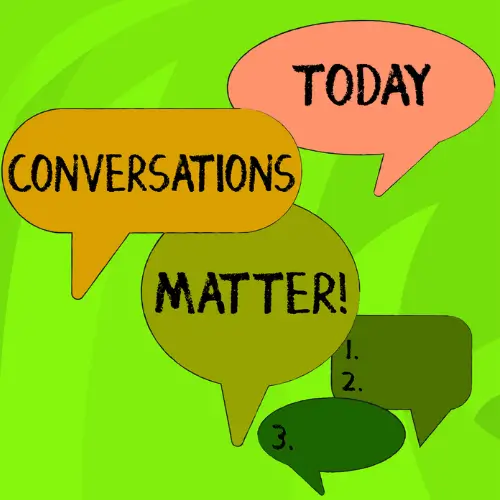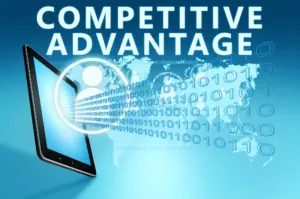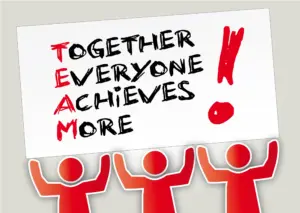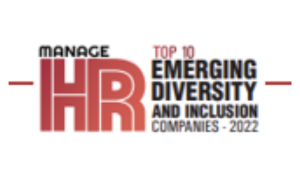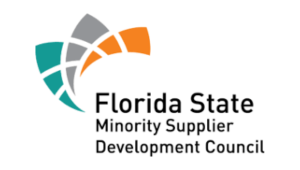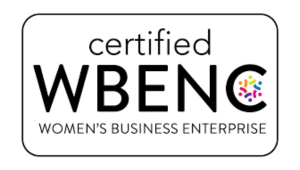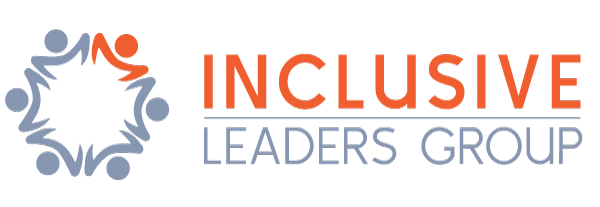Having meaningful conversations about gender, race, and ethnicity in the workplace—communicating across differences—is important. To do so successfully, we need to acknowledge—and work through— roadblocks (i.e., beliefs, attitudes, or experiences) that can stifle progress. Conversations about race and racism can be uncomfortable, but they’re necessary for an equitable and inclusive workplace.
The belief that organizational dialogues on race are the way to go is widespread. When the Josh Bersin Pulse of HR Survey asked over 800 professionals about what their company could do to increase racial justice, the number one response was to “encourage and engage in dialogue about systemic racism that holds back minorities and women.”
In a Blog post earlier this year, Confronting Racism at Work, I wrote about
- How companies must address race at a Systemic Level
- How to have more productive conversations about race in the workplace
- BRAVE: A 5-part framework for talking about racism at work
3 Valid and Reliable Frameworks For Effective Conversations About Race
This year, my company Inclusive Leaders Group has been designing and facilitating workplace conversations about race, privilege, racism, and inclusion for many types of organizations. Corporate employers, not-for-profit organizations, industry trade organizations, hospitals & health systems, and universities are all requesting virtual town-halls and speaking engagements focused on the topic. Regardless of an organization’s DEI maturity level, safe and effective conversations about race are timely and essential.
Valid and Reliable Frameworks for Talking About Race and Racism at Work
Many White people deny the existence of racism against people of color because they assume that racism is defined by deliberate actions motivated by malice and hatred. However, racism can occur without conscious awareness or intent. When defined simply as differential evaluation or treatment based solely on race, regardless of intent, racism occurs far more frequently than most White people suspect.
There are a few valid and reliable frameworks for workplace conversations about race that I’ve used and found highly effective for different audiences and desired outcomes. These include:
The LEAP Framework
The LEAP framework created by Wharton’s Stephanie Creary, an Assistant Professor of Management. Creary’s LEAP framework, published in Harvard Business Review, is designed to look at this idea of improving the quality of relationships at different levels, being a better ally, and creating equality in the workplace and beyond.
L: Listen and learn from your Black colleagues’ experiences.
E: Engage with Black colleagues in racially diverse and more casual settings.
A: Ask Black employees about their work and their goals.
P: Provide your Black colleagues with opportunities, suggestions, encouragement, and general support.
According to Creary, “There’s something that feels hard about forming mutually beneficial relationships with other people. It feels like there’s something getting in the way. The LEAP framework is designed to help that process make more sense. The end goal is to develop a relationship where you feel like each person is helping the other person.”
The PRESS FRAMEWORK
The PRESS Framework introduced by Dr. Robert W. Livingston, Lecturer of Public Policy at Harvard University’s John F. Kennedy School of Government recommends that companies should move through the five stages of a process called PRESS: (1) Problem awareness, (2) Root-cause analysis, (3) Empathy, or level of concern about the problem and the people it afflicts, (4) Strategies for addressing the problem, and (5) Sacrifice, or willingness to invest the time, energy, and resources necessary for strategy implementation.
Livingston encourages leaders; “The question we now must confront is whether, as a nation, we are willing to do the hard work necessary to change widespread attitudes, assumptions, policies, and practices. Unlike society at large, the workplace very often requires contact and cooperation among people from different racial, ethnic, and cultural backgrounds. Therefore, leaders should host open and candid conversations about how their organizations are doing at each of the five stages of the PRESS model—and use their power to press for profound and perennial progress.”
BRAVE: A 5-Part Framework for Talking About Race and Racism At Work
I first became familiar with the two professors who jointly created this innovative framework back in September 2020.
At the time, Enrica N. Ruggs was an assistant professor of management and the director of the Center for Workplace Diversity and Inclusion in the Fogelman College of Business and Economics at the University of Memphis. Derek R. Avery was at the time, and remains today, the C.T. Bauer Chair of Inclusive Leadership in the Bauer College of Business at the University of Houston. Enrica recently left the University of Memphis and joined Derek when she was appointed Associate Professor of Management at C. T. Bauer College of Business, University of Houston.
I watched the MIT Sloan Management Review BRAVE Conversations About Race webinar, featuring Ruggs and Avery and found the research and insights behind the BRAVE acronym fresh and compelling.
The BRAVE acronym offers a starting point for conversations about race and racism at work. “Many people don’t know how to talk about race or racism at work,” said Ruggs.
On August 26, 2021, I was invited to deliver a virtual presentation entitled, BRAVE Workplace Conversations About Racism and Inclusion sponsored jointly by The Association for Talent Development (ATD), a non-profit association serving those who develop talent in the workplace, and The Society for Human Resource Management (SHRM), the premier professional human resources membership association.
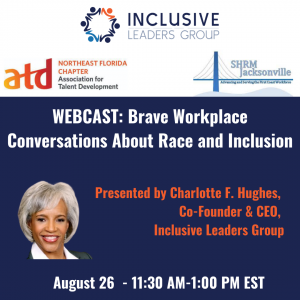
The Inclusive Enterprise Podcast – The BRAVE Framework
My approach to hosting The Inclusive Enterprise Podcast is that it’s a safe space for brave conversations…to connect, share, and grow together. My intent is to inform, educate, learn and develop with content that is relevant and applicable in your work and life.
The podcast features transformational interviews as well as actionable tips and strategies that corporate leaders can implement in their workplaces and careers, to drive profitable growth through diversity, inclusion, and belonging.
My goal is to have both Wharton Professor Stephanie Creary and Harvard Professor Dr. Robert W. Livingston as guests on future The Inclusive Enterprise Podcast episodes.
I’m excited about the Podcast episode that aired entitled “How to Have Brave Conversations about Race in the Workplace”
We spoke about the importance of having the right tools for these conversations and Avery pointed out the opportunity costs when they don’t happen. There is a natural fear of making mistakes of course, however the framework is practical, actionable and broadly applicable to other identity dimensions as well (such as religion and sexual orientation). Like any conversation with the potential for conflict, I have taught in my sessions that preparation and active listening are paramount. A willingness to be vulnerable and show empathy are also critical. “You can’t learn from someone unless they are willing to share. When they express that vulnerability, they see the person is trying to understand…is trying to relate. Empathy is the key, because we can’t continue to deepen and have these trust exchanges without it” according to Avery. Ruggs agrees and states ‘Recognize that there will be difficulties, but it’s worth it in the end. So get started!”
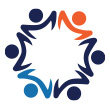 Charlotte F. Hughes is the successful Co-founder and CEO of Inclusive Leaders Group, LLC where she has designed and directed DEI talent and organizational development strategies that have been implemented by Fortune 500 companies, large and small healthcare systems, and some of the largest global non-profits. Charlotte is a widely sought-after speaker and thought leader on issues ranging from allyship & belonging, inclusive leadership, to everyday practices for building a healthy inclusive culture. Each presentation is based on research, tailored to the specifics of the group, and presented with Charlotte’s recognized levels of introspection, self-awareness, and painting a picture through storytelling
Charlotte F. Hughes is the successful Co-founder and CEO of Inclusive Leaders Group, LLC where she has designed and directed DEI talent and organizational development strategies that have been implemented by Fortune 500 companies, large and small healthcare systems, and some of the largest global non-profits. Charlotte is a widely sought-after speaker and thought leader on issues ranging from allyship & belonging, inclusive leadership, to everyday practices for building a healthy inclusive culture. Each presentation is based on research, tailored to the specifics of the group, and presented with Charlotte’s recognized levels of introspection, self-awareness, and painting a picture through storytelling

